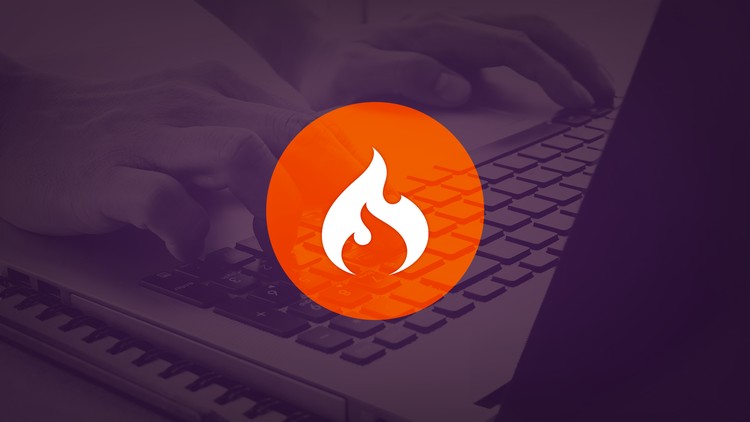PHP Framework Comparison
The Ultimate PHP Framework Showdown: Which One Reigns Supreme?
Are you ready to dive into the exciting world of PHP frameworks? Choosing the right one can feel like navigating a maze, but don’t worry! This comprehensive guide will help you understand the key differences between popular PHP frameworks, making your decision much easier. We’ll be tackling the complexities of PHP framework comparison, so you can confidently choose the best tool for your next project.
This isn’t just another list; we’ll explore what makes each framework unique, highlighting their strengths and weaknesses in plain English. By the end, you’ll be equipped to make an informed decision, regardless of your experience level.
What is a PHP Framework?
Before we jump into the comparison, let’s quickly define what a PHP framework actually is. Imagine you’re building a house. Instead of starting from scratch with every brick and beam, a framework provides you with pre-built walls, floors, and even some furniture! It’s a collection of pre-written code and tools that simplifies the process of building web applications using PHP. This means you can focus on the unique aspects of your project, rather than reinventing the wheel.
Popular PHP Frameworks: A Quick Overview
The PHP landscape offers a diverse range of frameworks, each with its own strengths and weaknesses. Some of the most popular include:
- Laravel: Known for its elegant syntax and robust features. It’s often praised for its developer-friendly approach and large, active community.
- Symfony: A highly flexible and modular framework, often used for large-scale applications. It’s known for its component-based architecture and powerful features.
- CodeIgniter: A lightweight and easy-to-learn framework, ideal for beginners and smaller projects. It’s known for its simplicity and speed.
- CakePHP: A framework that follows the MVC (Model-View-Controller) pattern, providing a structured approach to development.
- Yii: A high-performance framework suitable for both small and large projects. It’s known for its rapid development capabilities.
Key Factors in PHP Framework Comparison
When comparing PHP frameworks, several factors are crucial:
Ease of Use and Learning Curve:
Some frameworks, like CodeIgniter, are designed for simplicity and ease of use, making them perfect for beginners. Others, like Symfony, have a steeper learning curve but offer greater flexibility and power.
Performance and Speed:
Different frameworks have different performance characteristics. Some are optimized for speed, while others may prioritize features over raw performance. This is a key factor to consider, especially for high-traffic websites.
Community Support and Documentation:
A large and active community is invaluable. It means you’ll find plenty of resources, tutorials, and support if you run into problems. Good documentation is equally important.
Security:
Security is paramount for any web application. Choosing a framework with a strong track record of security is crucial to protect your application and user data.
Scalability and Flexibility:
Consider the potential growth of your project. Some frameworks are better suited for scaling to handle large amounts of traffic and data. Flexibility is also important, ensuring your framework can adapt to changing requirements.
Choosing the Right Framework for Your Needs
The “best” PHP framework depends entirely on your specific project requirements. Consider the following questions:
- What is the size and complexity of your project? A smaller project might be well-suited to a lightweight framework like CodeIgniter, while a larger project might benefit from the robust features of Laravel or Symfony.
- What is your level of experience with PHP? Beginners might find frameworks with simpler learning curves, like CodeIgniter, easier to work with.
- What are your performance requirements? If performance is critical, you’ll need to carefully evaluate the speed and efficiency of different frameworks.
- What level of community support do you need? A larger community provides greater access to resources and assistance.
This comparison is just the beginning. Further research into individual frameworks is highly recommended. Explore their documentation, try out some tutorials, and see which one feels like the right fit for you. Remember to prioritize your project’s needs and your own comfort level.
Choosing a PHP framework is a critical step in web development. By carefully considering these factors, you can select the framework that best aligns with your project requirements and sets you up for success.
CodeIgniter, Laravel, PHP framework, Symfony, Yii framework

